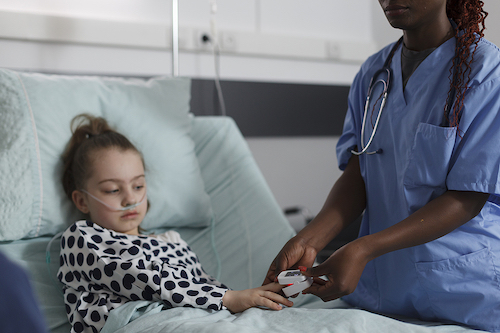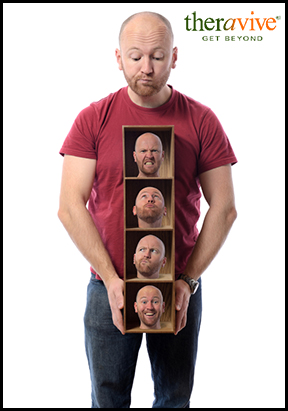December 29, 2022
by Elizabeth Pratt

35% of children injured with a firearm receive a new mental health diagnosis in the year following their injury.
Data published recently in the Anals of Surgery found that child survivors of firearm injury have high rates of new mental health diagnoses, even when compared with children who have injuries in motor vehicle accidents.
[More]
September 29, 2020
by Patricia Tomasi

A new study published in the Disability and Health Journal examined the prevalence of illicit drug use among college students with physical, cognitive, and other disabilities, and their counterparts without disabilities. “Our aim was to investigate whether there were differences in illicit substance use between students with disabilities and their peers without disabilities,” study author Myriam Casseus told us. “Numerous studies have found high rates of substance use among adults with disabilities and young adults/college students. However, there has been little research on drug use among college student with disabilities.”
[More]
July 24, 2018
by Elizabeth Pratt

It's said to be taking place at college campuses across the country. But do "study drugs" really help you focus? Recent research suggests it may be the opposite.
[More]
April 21, 2016
by Anne Kip Watson

In a few short years, how does a young man go from one the brightest futures in professional sports to potentially losing nearly everything?
Johnny Manziel, the 2012 Heisman Trophy winner, has been accused of ‘extensive damage’ during some festivities he hosted in a posh Los Angeles rental home in early April.
[More]
February 28, 2016
by Henry M. Pittman, MA

Drug abuse has haunted society for years. From dealing with alcohol to cocaine, from marijuana to LSD, the war on drugs continues. A drug that is becoming more and more popular is methamphetamine.
[More]
Despite great advances in treatment, HIV continues to be an epidemic, and a large contributing factor for its spread is intravenous drug use. A recent outbreak of HIV in a rural Indiana community brings to bear more questions in this ongoing crisis.
[More]
Neurofeedback, or qEEG neurotherapy, records the individual’s unique brainwave patterns and utilizes auditory and visual feedback to train brainwaves to a normalized pattern (Quinn, Bodenheimer-Davis, & Koch, 2004). Alcoholics and illicit substance users show similar abnormal brainwave patterns outside the range of individuals without dependence upon alcohol or illicit substances.
[More]
December 26, 2014
by David Porter, MA

The use, popularity, and availability of illicit drugs changes from one geographical region and time period to another. Certain illicit psychoactive drugs will fade from common use and then re-emerge. Substances which may have been discovered decades ago will experience a sudden surge in popularity. Familiar substances may be administered in new ways, or chemically altered or combined for a different effect. In other instances, something truly new may emerge on the illicit drug market.
[More]
November 29, 2014
by Marti Wormuth, MA

Addiction. It's a word that a lot of us have a negative response to, because it is something that we've all be conditioned to distrust and dislike. With good reason as well! Addiction can cause a lot of problems for people, both the person who is struggling with the addiction and those who are around them on a regular basis. But why does addiction happen? What happens in your body to make it addicted to something?
[More]
August 23, 2014
by Cathy England, MA

Dissociative Identity Disorder (DID) was formerly known as multiple personality disorder, and remains to this day as one of the most controversial and misunderstood disorders in the Diagnostic Manual. It is a difficult diagnosis to make, and often is more difficult to treat. It has been the topic of many Hollywood productions which gives laypeople an idea that they understand what it is, but as is often the case in movies and media, there is some sensationalism that occurs. It is not a common diagnosis and is only one of the classified dissociative disorders.
[More]